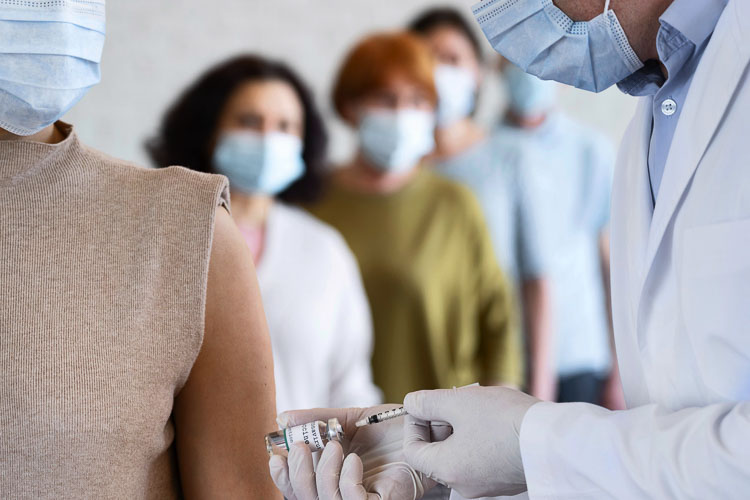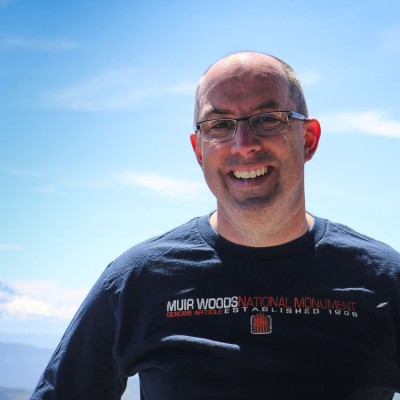
In light of the approval of vaccinations for children aged 5-11, Todd Myers of the Washington Policy Center takes a look at the role of the Western States Scientific Safety Review Workgroup
Todd Myers
Washington Policy Center
The most recent rushed assessment of vaccine safety by a group created by Democratic governors on the West Coast is a case study in how much of our COVID policy is little more than science theater that doesn’t achieve the purported goal. Time pressure prevents it from doing a credible assessment, fatally undermining its ability to reassure those with concerns about the vaccine.

Governor Inslee just announced that the awkwardly named Western States Scientific Safety Review Workgroup (WSSSRW) agrees with the FDA and CDC in approving vaccinations for children between the ages 5 and 11.
The governor claims, “This review on top of the CDC’s authorization demonstrates that the benefits of the Pfizer COVID vaccine for children far outweighs the risks.”
This unprecedented layer of added bureaucracy was created in 2020 with an overtly political tint. The governor and other Democrats argued it was necessary to ensure that then-President Donald Trump didn’t skew the process, presumably by rushing approval. Far from acting as a quality check, the Workgroup has never rejected a finding from the federal agencies and usually rubber stamps their decision within a day or two.
It is a bit surprising the Workgroup hasn’t been disbanded given the fact that is now serves little purpose other than to delay the inevitable confirmation of CDC rulings by one day.
In addition to creating needless delay, the idea that the Workgroup would make people more likely to trust the vaccines is contradicted by decades of research about how new technology is accepted by the public.
Everett Rogers, one of the leading theorists on diffusion of technology, found that efforts to impose new technologies from the top are rarely successful. While mass media and government agents can make people aware of new technologies, ultimately people make their decision based on the recommendations of friends and others in the community that they trust. For example, he found that some farmers would listen to university researchers about technology that increases crop yield, but for the vast majority of people, their decision was most influenced by early adopting neighbors who experienced good results.
A top-down workgroup of unknown scientists using an opaque (and duplicative) process is unlikely to provide the reassurance needed by those who are concerned about the vaccine. This is particularly true since the workgroup was created during an election year as part of an overtly partisan campaign.
Last Fourth of July, President Biden declared we were near “independence from COVID.” Around the same time Governor Inslee announced his administration had “won the Super Bowl” against COVID. Months later those premature political proclamations demonstrate how much of COVID policy is based on science theater. The Western States Scientific Safety Review Workgroup has been a part of that and is not only needlessly bureaucratic, but research shows it is unlikely to promote the public policy goal, vaccine acceptance, that it was ostensibly created to achieve.
Todd Myers is the director of the Center for the Environment at the Washington Policy Center.




